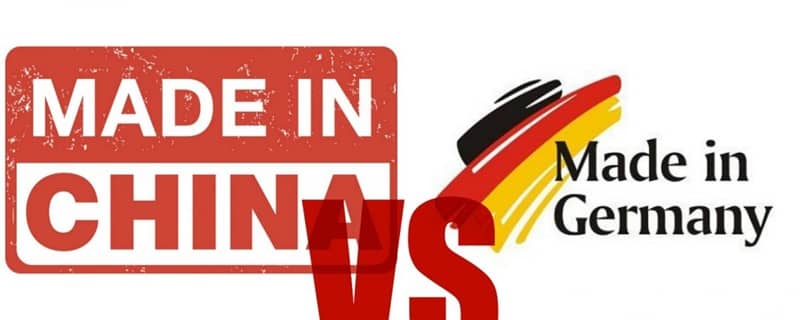Nuclear Battery
Crude Oil Prices Trend
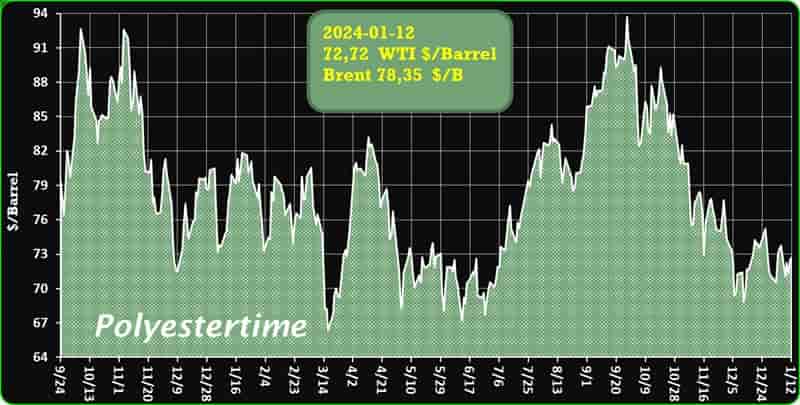
Crude Oil Prices Trend by Polyestertime
Nuclear Battery: Atomic Energy Becomes Reality for Civilian Applications
Research activities focused on the development of next-generation batteries aim to achieve multiple ambitious goals. The efforts of manufacturers, academics, and scientists are concentrated on various key areas: increasing energy efficiency, reducing size and weight while enhancing capacity, extending charge life, and ensuring safety. Additionally, there is a focus on sustainable batteries, using environmentally less harmful and recyclable materials. A significant milestone in this direction has recently been achieved by Microsoft and PNNL, leveraging artificial intelligence and HPC, as explained in the article.
Some research is also exploring so-called nuclear batteries, devices that convert nuclear energy into electrical energy through spontaneous nuclear reactions, specifically beta decay. These batteries have found applications in various fields, such as space missions, providing constant energy for extended periods without the need for replacement or recharging. Nuclear Battery
While nuclear batteries are not a new concept, Betavolt, a Chinese company, has announced the development of an ultracompact nuclear battery named BB100 for civilian use. About the size of a coin at 15 x 15 x 5 mm, this battery can supply 100 microwatts of power for 50 years without any recharging operations. The modular design allows connecting multiple batteries for increased power.
Betavolt’s technology combines the use of the nickel-63 isotope and diamond-structured silicon. The radioactive decay of nickel-63 generates electricity, while fourth-generation diamond-structured silicon enhances the overall efficiency and performance of the nuclear battery. This technological choice enables miniaturization while keeping production costs low. Nuclear Battery
According to Betavolt, the new battery is already in production for the pilot phase and will soon be produced on a large scale and launched into the market.
Unlike chemical batteries like lithium-ion, nuclear batteries are physical batteries with significantly higher energy density. One gram of this battery can store 3,300 Wh of energy. Moreover, nuclear batteries do not have the tendency to catch fire or explode, and their self-generating nature over a 50-year timeframe makes them unlimited in charge cycles, unlike chemical batteries. Nuclear Battery
Betavolt plans to release a 1W battery in 2025, and pending regulatory approval, nuclear batteries could power consumer electronic devices without the need for recharging. These power sources offer stable power that remains consistent in challenging environments with variable loads, operating in a temperature range from -60 to 120 °C without any performance variation and no self-discharge phenomena. The company has also disclosed ongoing tests with other isotopes to further extend battery life.
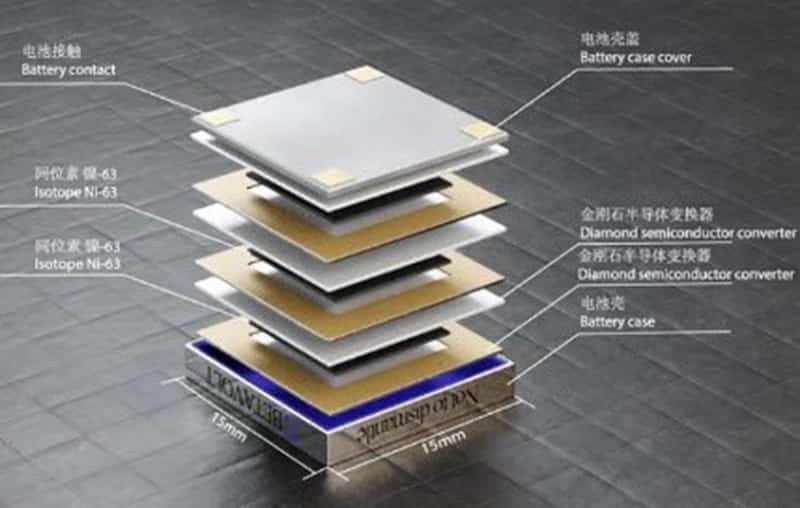
Escalating Sea Freight Causes Polyethylene Terephthalate (PET) Import Prices to Boom in the USA
The import price for Polyethylene Terephthalate (PET) in the United States has been undergoing substantial price hikes, with market participants attributing the surge to disruptions in global ocean freight. The current price for PET Resin Bottle Grade rose by 1.6%, with prices hovering at USD 1235/MT DDP Los Angeles, as per the ChemAnalyst database. Nuclear Battery
During this week, the prices of PET have surged sharply due to disruptions and delays caused by events such as rebel attacks on vessels in the Red Sea. These incidents, coupled with disturbances in traffic through the Suez Canal, have prompted companies to alter their shipping routes, opting to circumvent the Suez Canal and Red Sea by diverting cargoes around the Cape of Good Hope. Unfortunately, this alternative route has resulted in considerable delays and a reduction in the availability of shipping containers.
At the same time, the European market for PET and Purified Terephthalic Acid (PTA) has been also grappling with shortages due to diverted shipments and multiple outages. Simultaneously, the Asian polyester market is feeling the negative effects of the Suez Canal and Red Sea diversions, with rising freight rates hindering buying activities. However, in Europe the price for PET was quoted steady. This was due to the muted purchasing activity from downstream packaging industries. Nuclear Battery
Adding to the complexity, the Panama Canal is also facing issues due to low water levels resulting from a local drought. The Panama Canal Authority (PCA) has been limiting vessel passages since early November. However, the PCA said on January 16 that more vessels would be permitted to transit the waterway every day due to recent improvements in rainfall and lake levels.
On the other side, the United States, which depends significantly on PET imports, has been especially exposed to these logistical problems. Nuclear Battery
More…
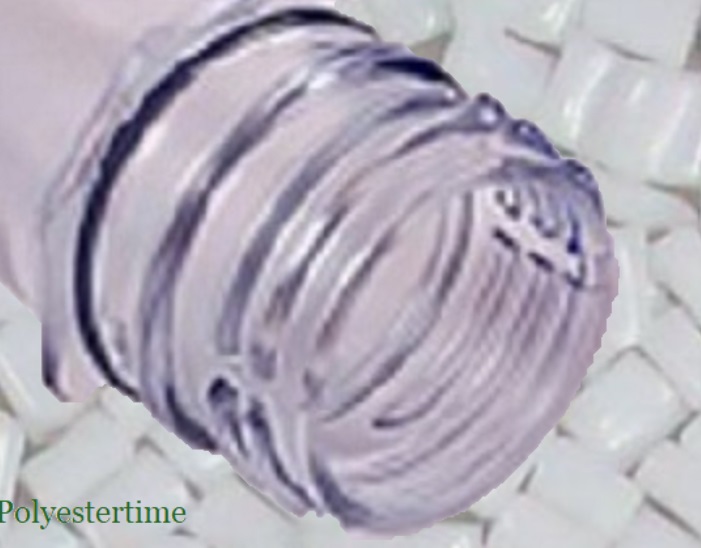
Microsoft, in collaboration with the Pacific Northwest National Laboratory (PNNL), has made a groundbreaking discovery—an innovative material enabling the production of batteries with up to 70% less lithium compared to traditional batteries
Lithium, a crucial element in most batteries, poses environmental and social challenges due to its limited and costly extraction requiring significant water and energy, potentially harming ecosystems and local communities. Lithium recycling is complex, expensive, and generates substantial waste and pollution. Microsoft’s new material could address these issues. Nuclear Battery
The use of artificial intelligence (AI) played a pivotal role in finding the new material. Leveraging the power of AI and high-performance computing, Microsoft and PNNL utilized the Azure Quantum Elements platform to analyze millions of possible materials and predict their properties and performance.
In just 80 hours, this AI-driven approach identified 18 promising materials, a remarkable achievement compared to the decades often required by traditional material discovery methods. Nuclear Battery
One of the platform-selected materials was successfully synthesized and tested by PNNL, showing promising results as it powered a light bulb, demonstrating functionality. The material is undergoing further evaluation to assess its stability and effectiveness.
Nathan Baker, Microsoft’s Senior Director of Partnerships for Chemistry and Materials, expressed Microsoft’s commitment to making these innovations accessible to customers through the Azure Quantum Elements platform.
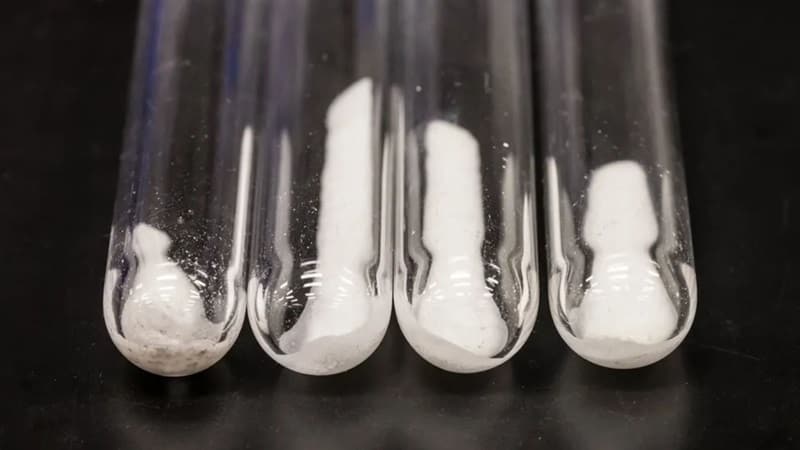
Altana AG, based in Wesel, Germany, has entered into a definitive agreement to acquire the Silberline Group, a prominent U.S.-based company specializing in the development and manufacturing of effect pigments
These pigments find applications in diverse industries, including automotive coatings, printing inks, plastics, protective coatings, and consumer goods packaging.
Martin Babilas, CEO of ALTANA AG, emphasized the strategic significance of this acquisition in advancing their goal of sustainable value-creating growth through targeted expansions. The move is set to strategically enhance ALTANA’s ECKART division, fortifying its presence in North America and Asia. Nuclear Battery
Dr. Christian Przybyla, President of ECKART, highlighted the complementary nature of Silberline and ECKART’s local research and production capacities, anticipating improved flexibility in addressing regional customer needs and heightened service quality.
Gary Karnish, CEO of Silberline, expressed optimism about the acquisition, foreseeing the collaboration with ECKART as a catalyst for intensified development of sustainable product innovations, benefiting both customers and employees.
Founded in 1945 and headquartered in Tamaqua, Pennsylvania, Silberline employs over 450 people globally and achieved sales of around 80 million U.S. dollars in 2022. The completion of the acquisition is contingent on customary closing conditions, with the purchase price remaining undisclosed. Silberline was exclusively advised by Grace Matthews throughout the transaction. Nuclear Battery
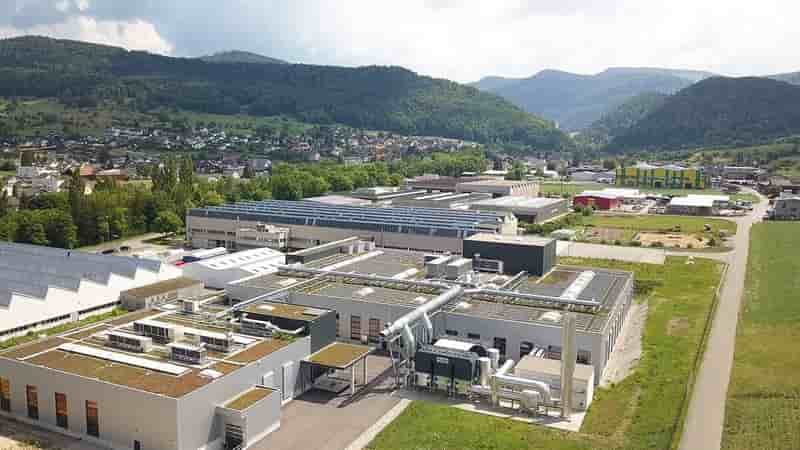
Responding to increased demand among tactical operators, first responders and shooting sports enthusiasts for higher quality, performance materials to safeguard their valuable tactical equipment in transit and in the field, Dimension-Polyant, the global leader in sailcloth production and manufacturer of X-Pac® lightweight, durable and waterproof laminates developed for packs and bags, is set to present its new X-Pac® Tactical Fabrics made with Tyra Technology® to esteemed brands in the tactical and shooting sports industry at the Supplier Showcase in booth 51441, January 22-23, 2024 during SHOT Show week in Las Vegas. Nuclear Battery
Tyra Technology® by Dimension-Polyant is the pinnacle of spread filament fiber efficiency, delivering exceptionally lightweight, incredibly strong laminates. Tyra Technology® expertly aligns and orients each filament, maximizing their contribution to load carrying, tear resistance, and puncture toughness. The result cuts out excess weight and increases performance, boosting tear and tensile strength over conventional materials. Whether it’s for high-performance sails, rugged outdoor equipment, or demanding tactical uses, Tyra Technology® redefines the benchmarks for weight, strength, and durability.
Born from X-Pac®’s legacy on the world’s most challenging peaks and longest trails, X-Pac® Tactical Fabrics are lightweight, durable, and waterproof – the ideal choice for professional operators. At the forefront of innovation, these fabrics offer peak performance in the harshest environments. Nuclear Battery
Leveraging a proprietary lamination technology, X-Pac® Tactical Fabrics combine trusted face fabrics and innovative fiber reinforcement; specifically designed for the demanding missions. This unique construction enhances the equipment’s functionality and longevity.
More…

TekniPlex Healthcare to debut PET blister film at Pharmapack
TekniPlex Healthcare has partnered with petrochemical leader Alpek Polyester to introduce the “world’s first” pharmaceutical-grade polyethylene terephthalate (PET) blister film containing recycled content.
Suitable for a wide array of primary packaging applications, 30% of the PET blister film is manufactured using post-consumer recycled (PCR) monomers. When combined with TekniPlex’s polyester lidding, Teknilid Push, the film plus lidding blister system is also fully recyclable in the polyester recycling stream where recycling infrastructure exists. TekniPlex Healthcare will debut the promising new solution at Pharmapack Paris, Stands C48 & C49, 24-25th January. Nuclear Battery
To create the next-generation film, post-consumer plastic waste undergoes a depolymerisation process via chemical recycling, which reduces it back to monomers. After repolymerisation to PET, the result is a recycled resin that is essentially virgin material. Notably, such monomer-level deconstruction and repolymerisation is impossible to achieve via traditional mechanical recycling methods. The end product from Alpek’s polymer reactor is a sheet in master reel made according to the melt-to-sheet process.
The benchmark-setting new blister film meets all pharmaceutical requirements for PET as outlined in the European Pharmacopoeia Section 3.1.15, and United States Pharmacopoeia Section 661.1. Nuclear Battery
More…
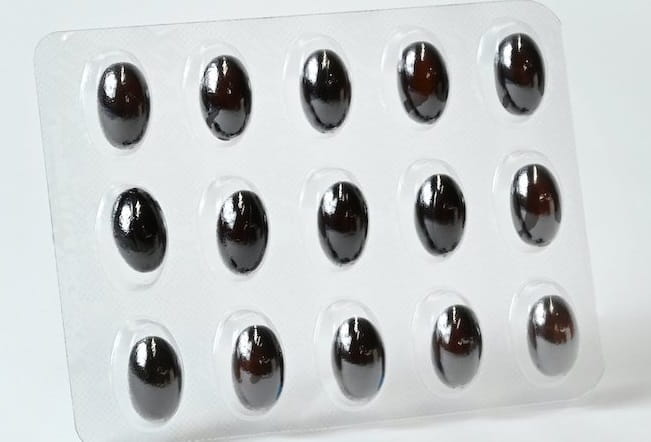
ArabPlast, the Dubaian trade fair for the plastics, recycling, petrochemical, packaging & rubber industry, opened its doors from 13th to 15th of December 2023. The three-day fair not only celebrated the latest advancements, and innovations, but also delved into sustainable solutions.
A defining feature of ArabPlast 2023 was the participation of more than 750 exhibitors, representing 35 countries across the globe. The exhibition served as a stage for presenting the latest products, showcasing advanced technologies, and exchanging invaluable know-how. The diverse and global representation emphasised the interconnectedness of the plastics and petrochemical sectors, fostering collaboration and cross-border exchange of ideas that are vital for the industry’s evolution. Nuclear Battery
In addition to the comprehensive displays, ArabPlast 2023 featured machine displays that captivated the audience. Cutting-edge machinery was showcased, providing attendees with a firsthand look at the latest innovations in plastic processing. Furthermore, on-the-spot machine sales added an element of practicality to the event, allowing industry professionals to acquire state-of-the-art equipment right on the exhibition floor.
The event also witnessed the unveiling of patented technology in plastic processing. This innovative technology represents a significant milestone in the global plastic industry, tick marking the first time introduction of such advancements. Nuclear Battery
More…
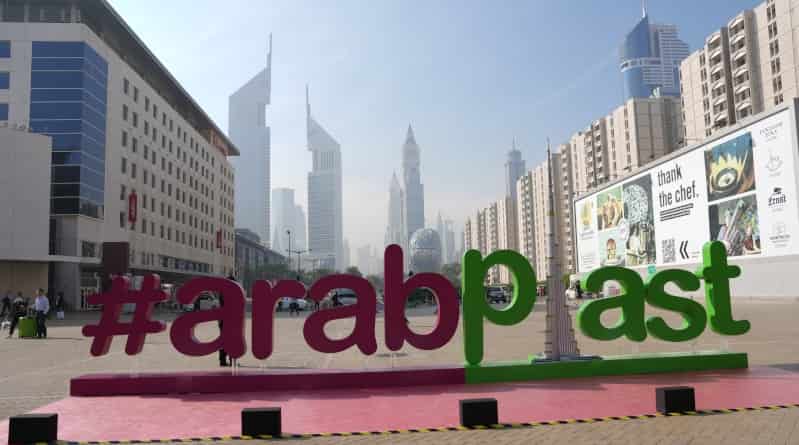
PET bottles – Ocean freight disruptions threaten domestic supply, push US PET import prices higher – 11-01-2024
Nuclear Battery






